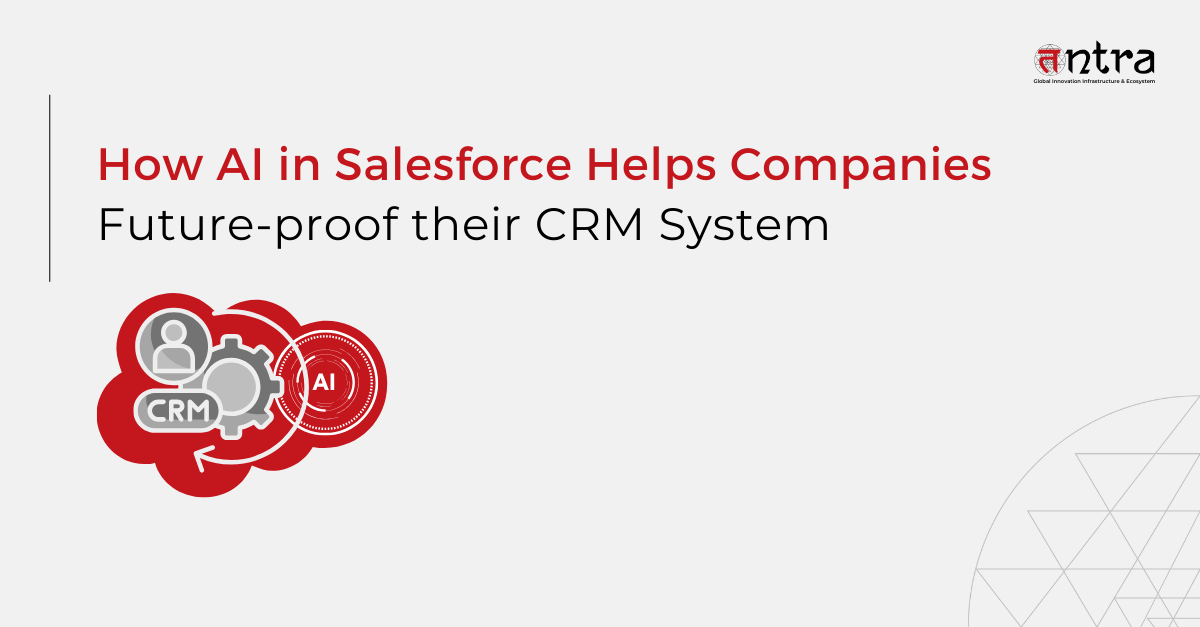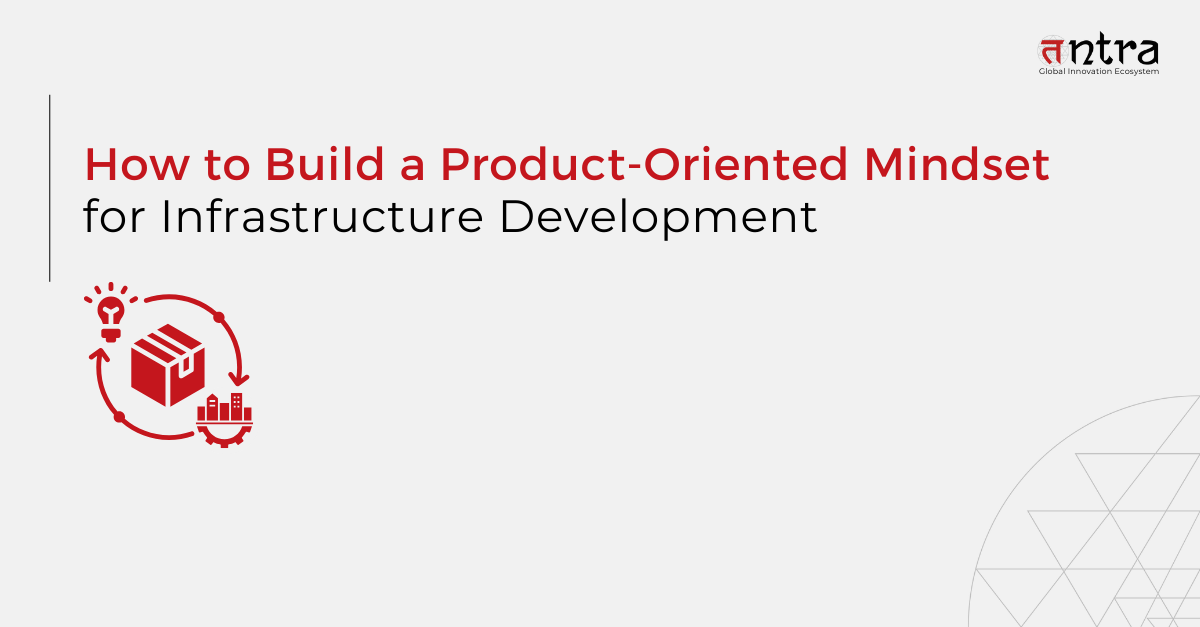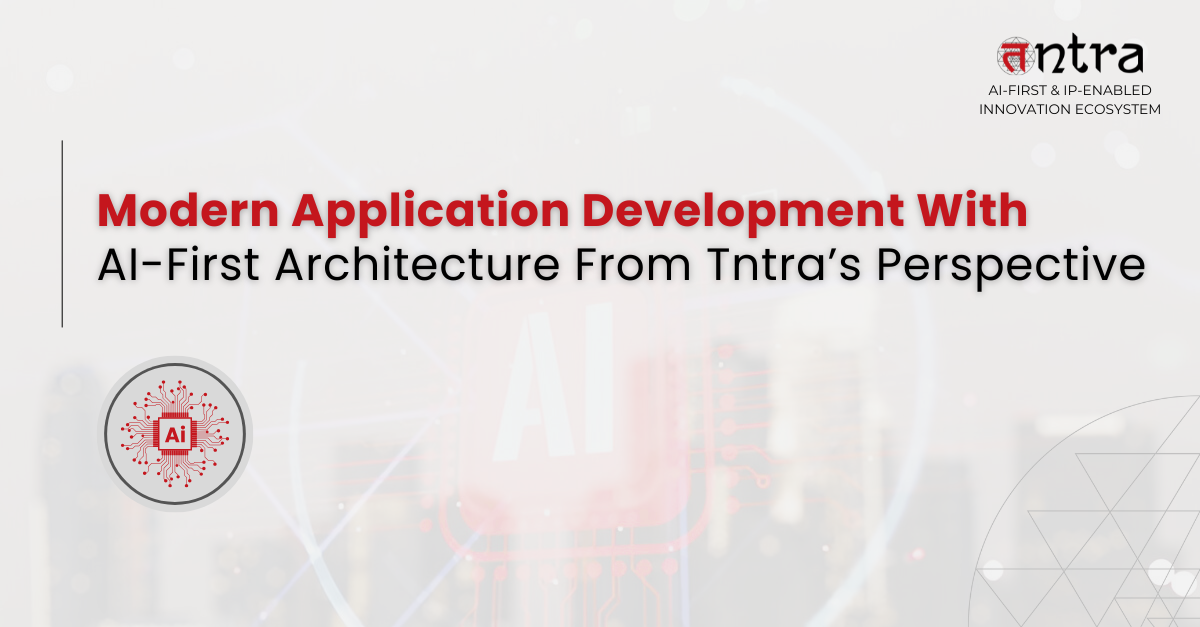
How AI in Salesforce Helps Companies Future-proof their CRM System
Table of Contents
ToggleSalesforce’s capabilities have been greatly improved by the incorporation of AI, especially through MuleSoft and Einstein. Intelligent Document Processing (IDP) and natural language prompts are two AI-powered technologies that increase productivity by automating chores and streamlining workflows. The need for IT teams to manage an increasing number of project requests is being met by these improvements. Salesforce has made unstructured data management even easier with its Data Cloud and Copilot innovations, which offer AI-driven insights for well-informed decision-making. All things considered, these developments establish Salesforce as a top supplier of AI-driven business solutions. Keep reading to learn more.
Your business answers a lot of questions and provides chat, message, and email assistance. It is imperative to guarantee prompt and dependable responses to all customer enquiries, irrespective of the time, day, or capability of your personnel. It also takes a lot of time for your teams to respond to specific client questions. Reducing this manual labor should be the goal.
Your support staff will work more efficiently thanks to generative AI technologies, which automatically reply to emails and chat enquiries from clients. Additionally, they give customer care representatives sample answer texts that they can customize, review, and send back to clients. In addition to enabling standardized responses and processes, this saves time and resources.
At least 1,000 chat cases must have been handled by your company since it launched a chat or message service. When a knowledge base is established and articles are linked to the cases, these generative AI technologies function optimally. This enables AI in Salesforce to get knowledge from knowledge articles about circumstances similar to its own as well as from the chat responses.
(Source: Salesfive)
AI-Powered Enterprise Systems on the Rise
With a robust compound annual growth rate (CAGR) of 28%, the global market for AI-enabled CRM is expected to soar from USD 4.1 billion in 2023 to a staggering USD 48.4 billion by 2033.
AI in CRM might save up to 23% on client acquisition expenses. Customer engagement rates rise by 74% for businesses that integrate AI into their CRM systems. Lead response times can be cut by 61% with AI-powered CRMs.
Today, 91% of businesses with more than 11 employees use CRM software, many of which have AI functions.
How AI Enhances Salesforce Integration
Artificial Intelligence (AI) is a key component of Salesforce technology, contributing cutting-edge features that transform the way companies interact with their clientele. Salesforce development services help to handle customer interactions and corporate operations become more intelligent, predictive, and efficient with the incorporation of Salesforce AI features.
AI and MuleSoft
The company has introduced AI-driven Salesforce enhancements to its MuleSoft automation, integration, and API management products. These upgrades enable developers and business users to increase efficiency, streamline workflows, and shorten time to value.
Teams can efficiently extract and arrange data from a variety of document formats, including PDFs and photos, with the use of MuleSoft’s Intelligent Document Processing (IDP) technology. MuleSoft’s IDP is seamlessly connected with Salesforce Flow, offering clients an end-to-end automation experience that sets it apart from competing automation solutions.
MuleSoft has also integrated Salesforce’s Einstein, a predictive and generative AI assistant, into its pro-code and low-code solutions in an effort to accelerate project delivery. With the use of natural language prompts and Salesforce customization services, users can now create integrations and automations directly in IDP, Flow Builder, and Anypoint Code Builder.
Why it matters: There are too many project requests for most IT software product engineering services to handle. Requests for these teams increased by an estimated 39% in the past year alone, which made it challenging for developers to meet the deadlines for work that was essential to the business. Thankfully, many operations can now be automated because of Salesforce AI features, which is one of the main reasons 86% of IT executives think the technology will eventually be heavily utilized in their companies. A salesforce development company can help to integrate these features.
Without the requirement for document templates or AI and Salesforce marketing cloud model training, Einstein for Intelligent Document Processing enables natural language prompts to be used to extract data from unstructured sources with ease. Einstein’s integration by a Salesforce development company with IDP facilitates the extraction of unstructured data fields, the formatting of responses into JSON outputs, the classification and summarization of documents, and the assignment of following tasks.
What Updates Have Been Made to Salesforce Einstein?
These are the most recent Salesforce customization services and productivity tools and Copilot improvements that make managing unstructured data simpler.
- Data Integration using Data Cloud That Is Smooth
It’s now easy to integrate unstructured data, such as product manuals and knowledge articles, into Data Cloud thanks to a new pipeline. For ease of access, this data is then saved as unstructured data model objects. Salesforce solutions help in simplifying this process.
- AI-Powered User-Friendly Data Processing
Data teams using Data Cloud can quickly choose particular data for a variety of operations, including search. For the purpose of AI systems, this data is divided into smaller, easier-to-manage chunks and converted into numerical representations known as embeddings. The Einstein Trust Layer uses a unique “embedding model” to guarantee a safe and effective procedure.
- Streamlined Data Cloud Storage Database for Vectors
Embeddings can now be stored natively in Data Cloud, removing the need for intricate third-party vector database interfaces. Teams may now concentrate on advancing AI solutions instead of juggling the difficulties of external integration thanks to this simplification.
- Useful Interpretation and Relevant Decisions from Unstructured Data
With the help of well-known Salesforce productivity tools like Tableau, Apex, and Flow, organizations can now handle unstructured data with ease. For instance, they can set up automation to alert teams to notable shifts in sentiment in customer feedback and classify it based on semantic similarities.
- Effective AI Search for Case Management in Einstein Copilot
Relevant information safely kept in Data Cloud’s vector database is made available for Einstein Copilot’s Einstein AI Search. In order to ensure a dependable and effective response, the Copilot does a semantic search when users request information via a self-service portal. It does this by matching the user’s query to embedded data and providing citations for the material retrieved.
Closing Thoughts
In summary, Salesforce AI for data analysis has made great progress in streamlining unstructured data management, promoting an easy-to-use interface, and increasing overall efficiency with its latest Copilot improvements and productivity tools. These Copilot AI features and software product engineering services provide an easier way to run productive operations as companies traverse the ever-changing data handling landscape.
Consider working with a qualified Salesforce software product engineering company like Tntra for specialized advice and Salesforce solutions deployment. With us, companies can fully utilize Salesforce products, guaranteeing a smooth integration that matches particular requirements and optimizes the advantages of these cutting-edge Salesforce AI upgrades.





